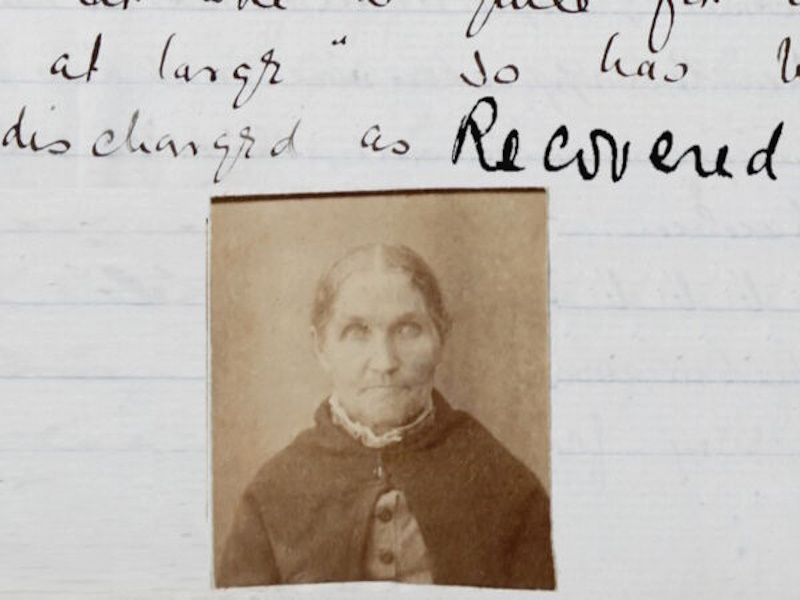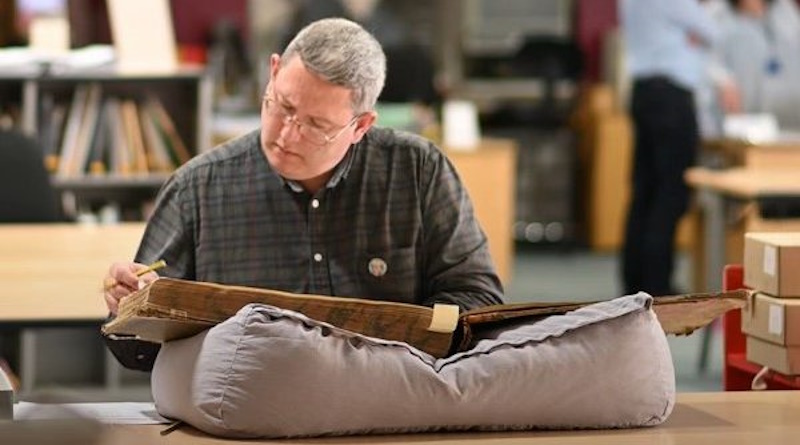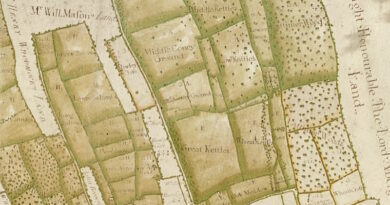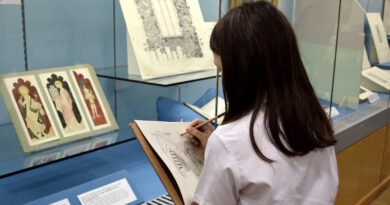Change Minds
Change Minds is a unique heritage and creative, wellbeing programme engaging those living with mental health problems. NorAH has supported several iterations within this programme.
What is Change Minds?
Change Minds started as a partnership between the Norfolk Record Office and the Restoration Trust. In Change Mind projects, participants use historical archives to research and develop creative responses to the lives of asylum patients in the past, developing a deeper understanding of their own experience along the way.
Each Change Minds project has a two-phase approach, (research and creative production) over 12 workshops which equates to a guided journey into the past. Each participant explores the case history and life of a patient resident in a county asylum, those whose voices have been silent for generations. Participants acquire an understanding of the history of mental health treatment, research skills and knowledge of how the archive service works, and training in practical handling and conservation. Participants often select case records where they feel resonance before working with professional artists and facilitators to respond creatively based on their research.

Led by an archive service with input from archivists, conservators, volunteers and creative facilitators, participants learn new skills, connect with, and support each other, visit a historical site, and develop new outlooks. All of which supports the Change Minds ethos, based on the five steps to mental wellbeing: connect, keep learning, be active, take notice and give.
Mental health providers are asked to invite service users with an interest in history and local heritage to take part, assisted by their support workers. Change Minds sessions are framed by ideas and practice based on groupwork and person-centred recovery – respecting the unique experiences and strengths of all participants, an attitude which informs working with participants and how we think about those who were patients in the past.
NorAH has supported various iterations of Change Minds focussing on participants from Norwich, North Norfolk, and King’s Lynn, as well as the Dr Hill’s Casebook project.
Working with Others
Change Minds reduces social exclusion by supporting people living with mental health problems to engage with heritage and high quality creative experiences, but it does more than this. Openness, encouragement, and inclusion are key to how the project works and past projects show that lasting change can occur within a carefully conducted group through sustained and regular involvement. The project encourages opportunities for participants to keep in touch between workshops and after the project has finished. Careful thought is given to the progression for participants, this can include volunteering and participation opportunities offered by all partners.
Scaling Up Change Minds
Scaling Up Change Minds is the latest project supported by NorAH. It has created a Change Minds Hub to support the development and delivery of new Change Minds projects across the UK. To help co-produce the Hub resources, Change Minds projects were run Lancashire Archives, the University of Dundee Archives, the Museum of the Mind and Bristol Archives. And to test how Change Minds could help even more people with their mental health, projects were run in Norwich Prison and King’s Lynn. The latter was run in partnership with the College of West Anglia and aimed at young people who needed mental health support.
Why NorAH Supports Change Minds?
NorAH was, and remains keen to support any project which use Norfolk’s archives to improve someone’s wellbeing. Using and learning from archives can be a very therapeutic exercise, especially if it involves meeting people. Several Change Minds participants have commented how they enjoy visiting the Norfolk Record Office, where they feel safe and respected, and learn from the past. This quote from a participant sums it up nicely.
For me, it’s a highlight of the week when I can get here, but it’s such an open and understanding group and that’s what keeps drawing you back, as well as trying to get I guess into the head of someone who’s gone through that lived experience in a historical way of mental health.




